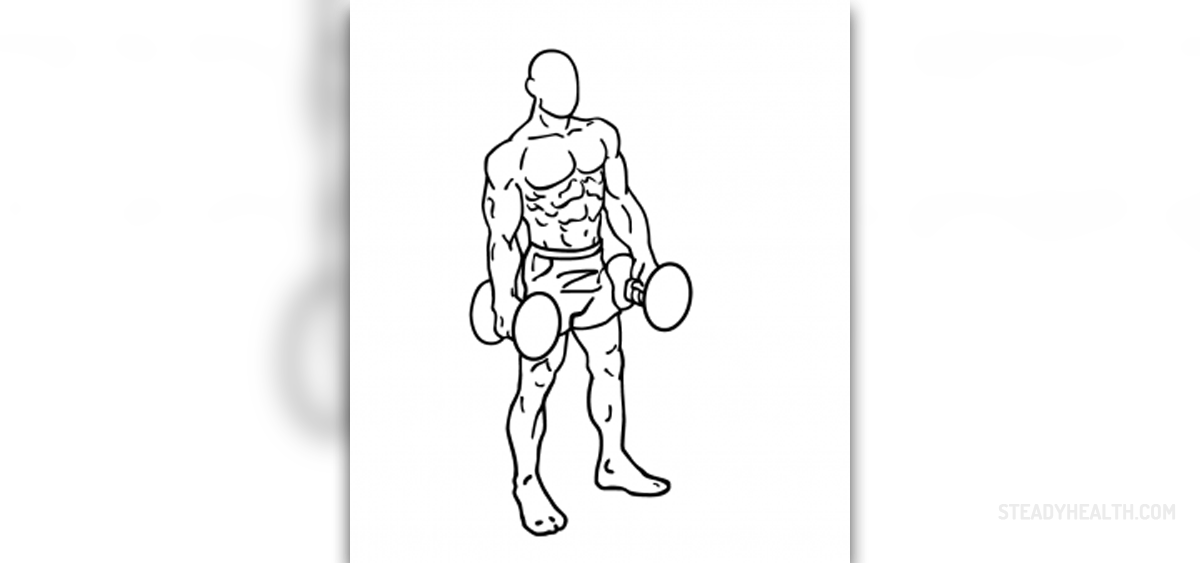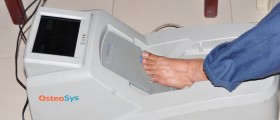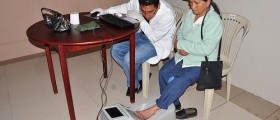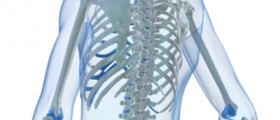
How to prevent osteoporosis?
It is true that physical activity is one of the mostimportant steps when it comes to the prevention of this degenerative disease. Itis true that everyone will say that any type of physical activity is betterthan no physical activity at all. Many will agree that even plain walking isbetter than nothing, but what the specialists in this area will agree on is thatonly walking is far from enough for prevention of osteoporosis. Physical activityimplies performing exercises that can contribute to the strength of the musclesand bones, and walking is definitely not good enough for this. It can be anadditional physical activity, but since it is considered to be low impactphysical activity, it is not of any help for the bones. An ideal combinationconsists of both strength training and weight bearing exercises, and those whosuffer from osteoporosis will benefit from them the most because due to theincreased strength of their bones, they will be less susceptible to fractures,which is one of the most important things to do.
What else is important for prevention?
Besides regular physical activity, it is also important thatthose who are at risk of developing this disease take in sufficient amounts ofvitamin D and calcium. Vitamin D is of essential importance for healthy bones,and when it comes to the recommended daily dosage, as far as adults areconcerned, it ranges between 400 and 1000 IUs. Even though sunlight is one ofthe main sources of this vitamin, not all the people will get enough of it in this way. This is why other sources should be considered as well,and some of them are oily fish, egg yolks and nutritional supplements thatcontain it.
As for calcium, even small children are aware of itsimportance for the health of the bones and teeth. Dairy products and greenleafy vegetables are particularly rich in this mineral, which means that it is importantto include them in everyday diet as much as possible. This is particularlyimportant for older people because the levels of calcium in the body change,and with time they decrease. As for the recommended amount on a daily basis,for those who are older than 51, 1,2 g should be taken, while until then 1g isenough. Of course, these numbers are different for infants, children and teenagers.

















Your thoughts on this
Loading...